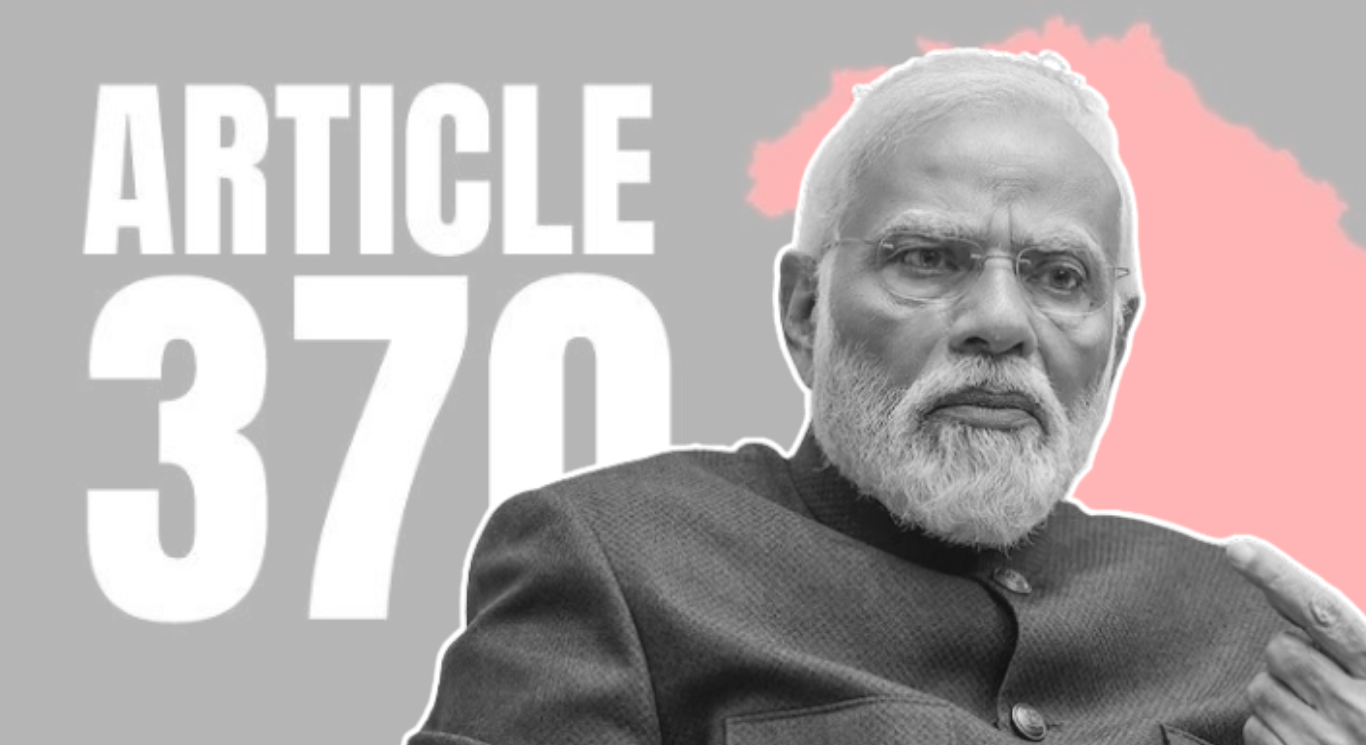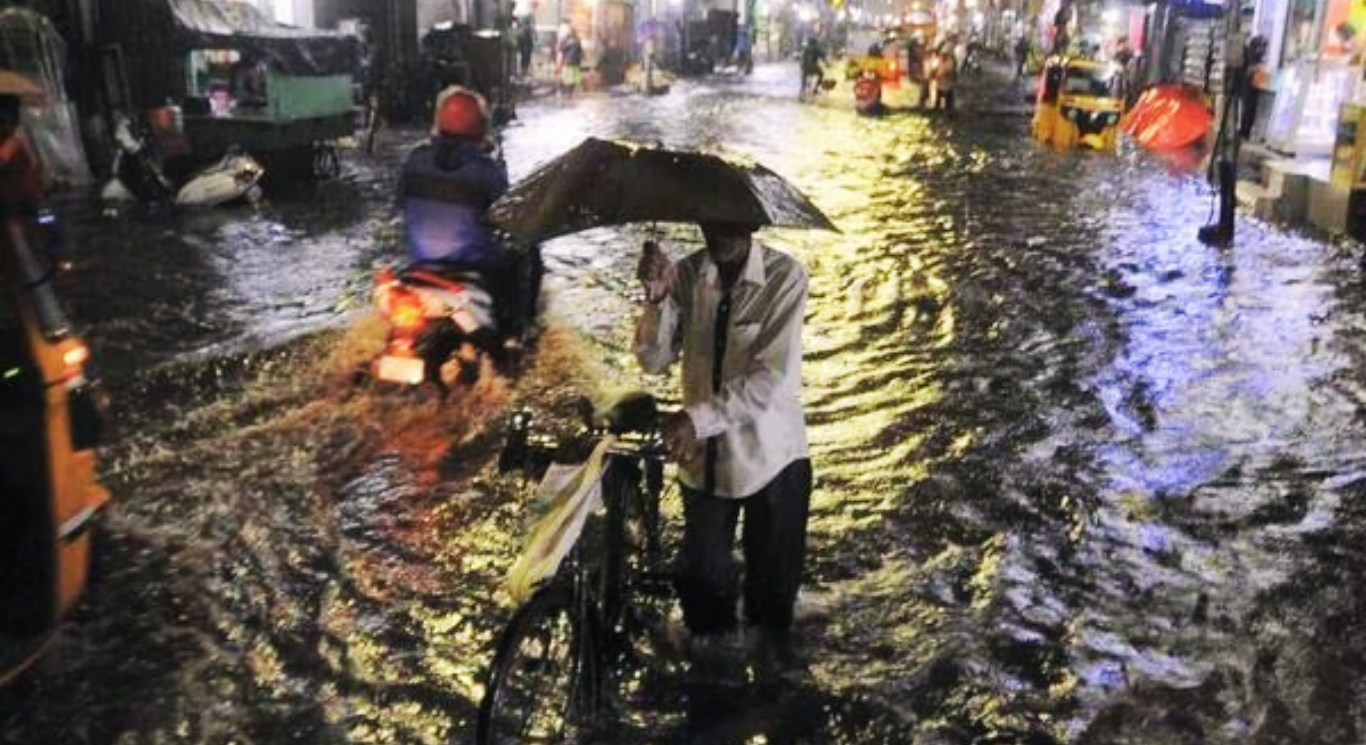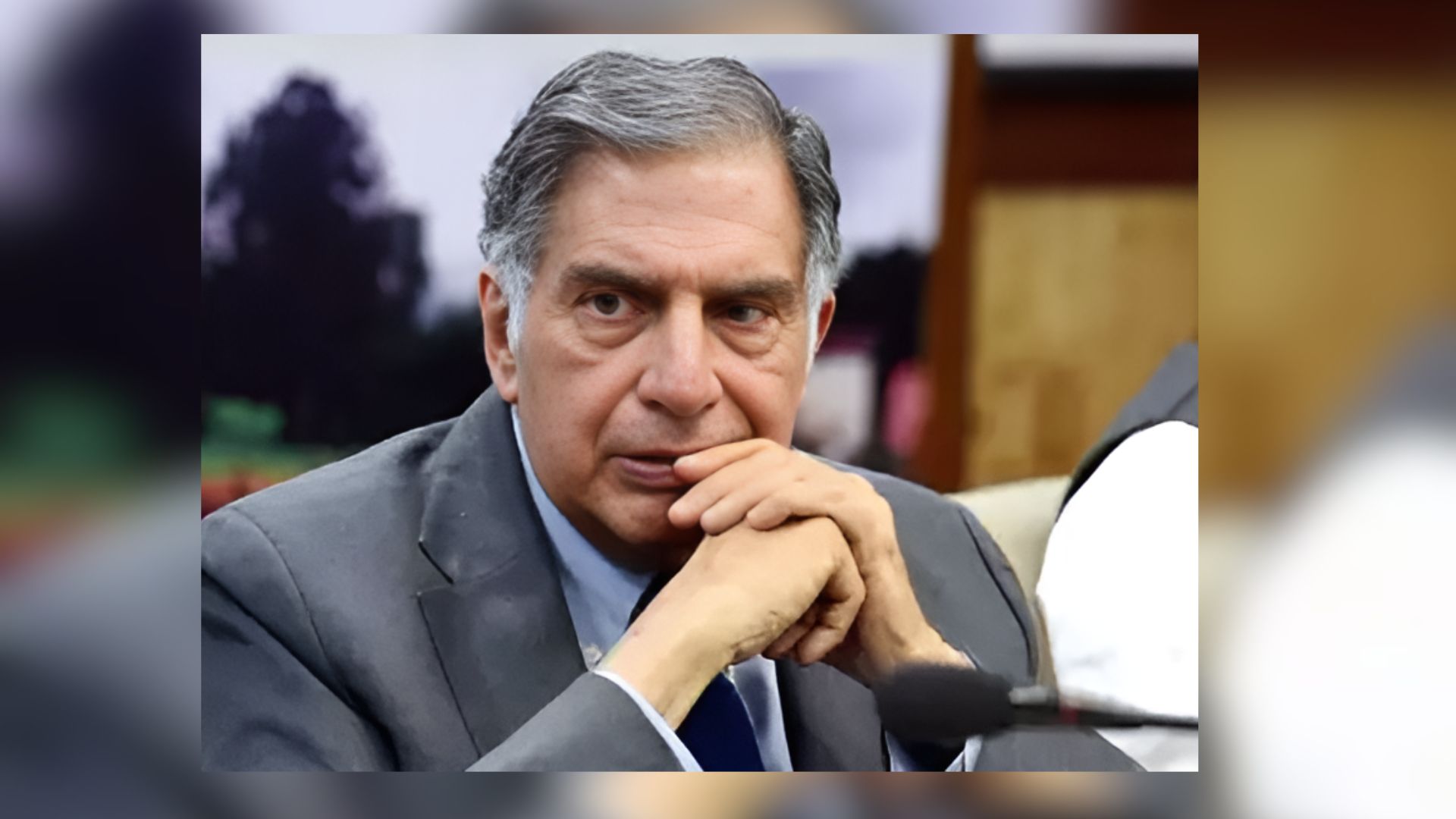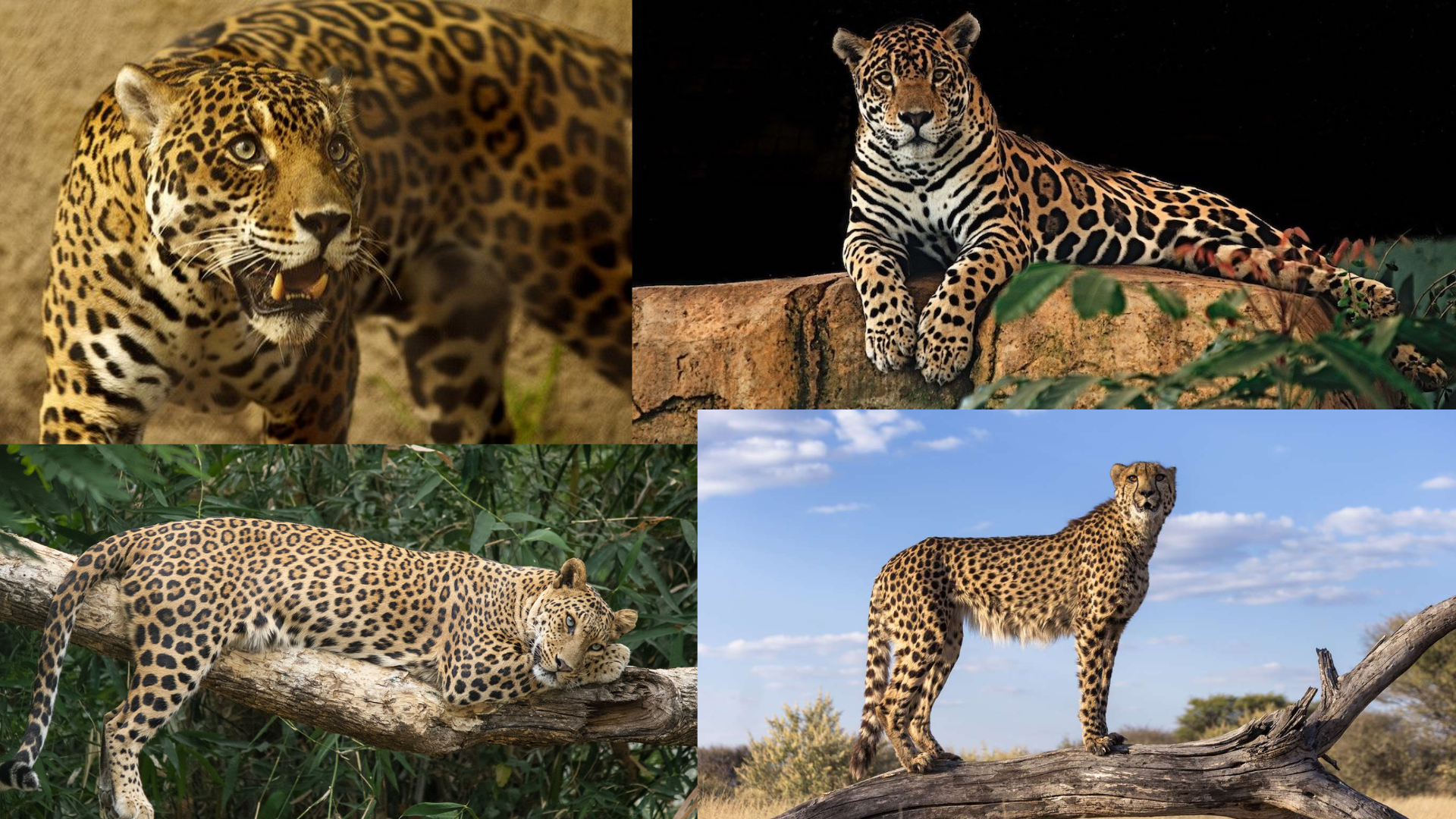










The idea of forming an alliance was first floated by Prime Minister Narendra Modi in his World Cat Day speech in 2019. Its purpose is to create an International Big Cat Alliance and was published on April 9, 2023. Main mission of the alliance The joint mission in the country is to protect seven species of big cats, including tiger, lion, leopard, snow leopard, puma, jaguar and cheetah, five of which are found in India.
The International Big Cat Alliance will operate as a multi-country, multi-partner organization covering 96 big cats and a small number of countries interested in big cat conservation. The aim is to encourage cooperation, create cooperation and create unity between countries to protect these beautiful animals. The alliance will focus on various areas such as knowledge sharing, capacity building, communication, advocacy, financial support and resources, research, assistance, training and information.
In his 2019 World War Day speech, Prime Minister Modi called for the fight against terrorism in Asia and emphasized the need for such cooperation. An official announcement of the joint venture with India to celebrate 50 years of Project Tiger. The government has said India’s conservation success can be replicated in other countries to benefit the world’s big cat population.
The alliance aims to comprehensively solve the problems facing big cats and their habitats. It aims to protect the environment, reduce the impact of climate change and ensure the use of natural resources by encouraging cooperation between countries. The alliance also works to address climate change, water and food security, and the health of communities that depend on these ecosystems.
The International Big Cat Alliance will be headquartered in India, reflecting the country’s commitment to the conservation of big cats. The cabinet has allocated Rs 150 billion over five years from 2023-24 to 2027-28 to support the activities of the institutes. The grant will enable the Alliance to implement conservation projects, create a knowledge base and provide financial assistance to member states.
In conclusion, the creation of the International Big Cat Alliance represents an important step in international cooperation towards the conservation of big cat species. By collaborating and sharing expertise, the alliance aims to preserve iconic animals and their habitats for future generations.









